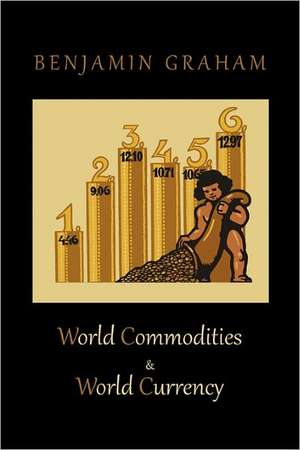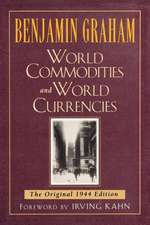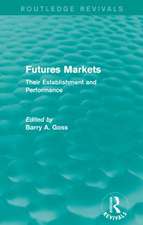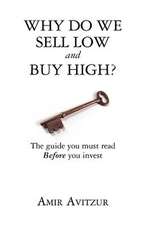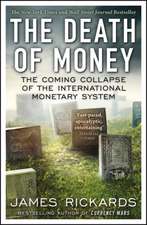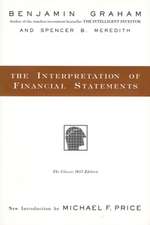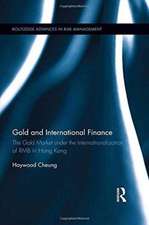World Commodities & World Currency
Autor Benjamin Grahamen Limba Engleză Paperback – 24 oct 2010
Preț: 153.81 lei
Nou
29.43€ • 31.47$ • 24.54£
Carte tipărită la comandă
Livrare economică 14-19 aprilie
Specificații
ISBN-10: 1578989965
Pagini: 196
Dimensiuni: 152 x 229 x 11 mm
Greutate: 0.3 kg
Editura: Martino Fine Books
Descriere
2010 Reprint of 1944 First Edition. In World Commodities and World Currency, Graham offers a global analysis of the systems that could reduce dangerous cycles of price instability in order to achieve stability in a postwar economy. Graham, in an astonishing display of foresight, shows how commodity reserves should play an important part in any economic policy. Throughout the book, Graham maintains that stabilization of commodities offers a comparatively simple technique by which the world could achieve the fourfold objective of foreign-exchange stability, reasonable price stability, protective stockpiles, and -- most importantly -- a balanced expansion of the world's output and consumption of useful goods. Readers today will discover that this landmark book has timely interest. In the aftermath of the Asian currencies collapse, and in the face of the organization of the European Common Union and the merging of European banks into a European Central Bank with one common currency, Graham's warnings about the dangers of a floating currency and his trenchant corrective prescriptions bear even greater relevance than ever.
